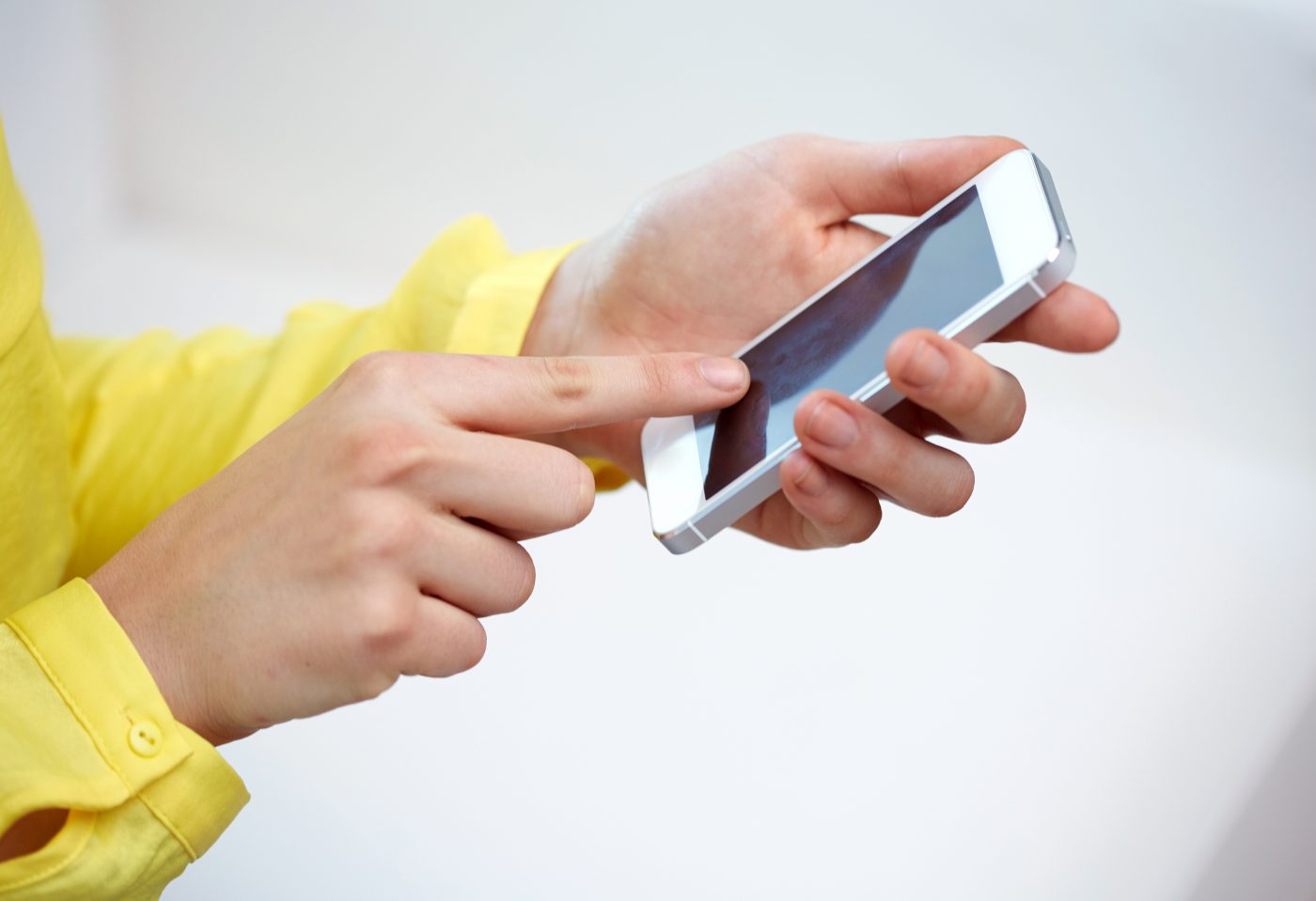Smartphone App Designed to Help Early Detection of Parkinson’s Disease

European experts have developed a set of technology-based solutions for the early detection of Parkinson’s disease and improvement of patients’ quality of life.
Led by Greek researchers at the Aristotle University of Thessaloniki, the four-year i-PROGNOSIS (Intelligent Parkinson eaRly detectiOn Guiding NOvel Supportive InterventionS) project is testing its first product in Greece, Germany, Portugal and the United Kingdom.
Launched in 2017, the iPrognosis mobile app non-intrusively collects behavioral data obtained from users’ natural interaction with their smartphones or other smart devices. The goal is to capture information that could be linked to early symptoms of Parkinson’s disease.
The app can collect voice data while users talk on the phone, measure steadiness when people hold their devices, as well as measure how users type on the app’s keyboard.
Information about distance traveled, facial expressions from photos and emotional content from text messages also may be used in the final assessment.
Because of the sensitive data the app needs to access, user privacy is a priority. The app uses encrypted data and replaces the user’s name with a coded ID. This way, users don’t need to make changes when using their smart devices.
Using the app on smartwatches or fitness bands has additional advantages. That is because, unlike phones, people usually wear these devices for a longer period of time, and able to capture more data on physical activity. The devices’ heart rate and skin temperature sensors also may be used to monitor sleep quality. (Sleep disorders are an early sign of Parkinson’s.)
By April 2018, more than 740 Europeans had downloaded the app on their smartphones, smartwatches or fitness bands. To date, about 90 GB of data have been collected.
Researchers are now using this information to develop machine learning algorithms that can detect Parkinson’s-related behavioral changes. When gathered data points to Parkinson’s behavior, the app advises users to see a doctor. Then users can choose whether to go enter a second stage of detection.
So far, feedback from first users has been positive. A questionnaire made available to users confirmed the app does not change a smartphone’s normal operation and users also have reported needing little assistance setting up the app.
In the questionnaire, responders also highlighted the importance of keeping information transparent and updated regarding privacy protection, as well as to raise awareness of healthcare professionals about the app to ensure their inclusion in these experimental processes to detect Parkinson’s early.
According to this questionnaire, the app has been better accepted in Greece and the U.K. than in Germany and Portugal. German respondents also were more hesitant regarding the capacity of the project to assure their data was protected and to provide necessary guidance for people older than 40 years of age on how to use and install the app properly.
If these questions are addressed and the app gains adherence, i-PROGNOSIS researchers envision that other everyday smart utilities may be used, such as plate scales, smart belts, smart TV remote controls and others.
Ultimately, the project’s goal is to design interventions that, together with physicians, may help patients sustain their quality of life.






